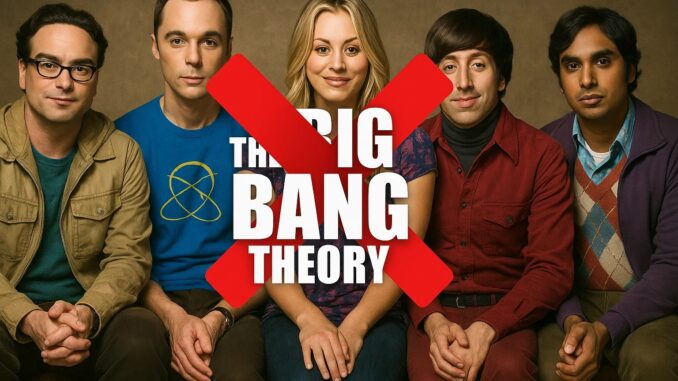
In recent weeks, fans of The Big Bang Theory have been buzzing online with claims of new spinoffs, surprise reunions, and even secret “lost” episodes of the beloved sitcom. But here’s the truth: most of these headlines are nothing more than fake news.
The spread of misinformation has reached alarming levels, fueled by websites and social media accounts using clickbait to attract readers. Many posts feature convincing images or “official-looking” announcements, leaving fans convinced that Sheldon, Leonard, Penny, and the rest of the gang are returning to their TV screens. Unfortunately, much of this content is completely fabricated.
What makes the problem even worse is the rise of artificial intelligence. Today’s AI tools can generate realistic images, articles, and even video clips, blurring the line between fact and fiction. For unsuspecting fans, it can be nearly impossible to tell what’s real and what’s not.
Media experts are urging caution: always double-check news with trusted entertainment outlets before believing or sharing it. If something sounds too good to be true—like a surprise Big Bang Theory season 13 or a crossover event—it probably is.
As the digital world becomes more flooded with AI-generated content, fans must stay vigilant. The love for The Big Bang Theory remains strong, but don’t let false rumors spoil the memories of one of television’s most successful comedies.